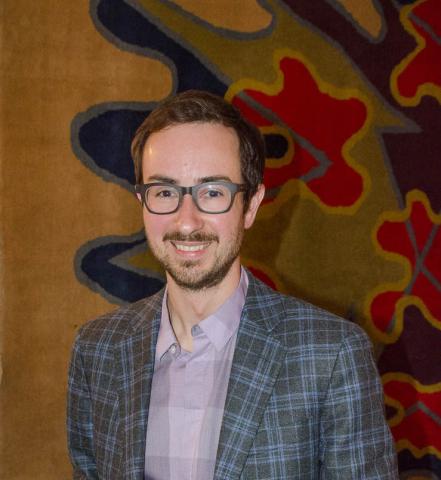
Kyrill Kunakhovich
I am an historian of modern Europe, with a particular focus on central and eastern Europe in the twentieth century. My first book, Communism's Public Sphere: Culture as Politics in Cold War Poland and East Germany, explored the political role of cultural spaces in the Eastern Bloc. Under communist regimes that banned free speech, political discussions shifted to spaces of art: theaters, galleries, concert halls, and youth clubs. I show how these venues turned into sites of dialogue and contestation. While officials used them to spread the communist message, artists and audiences often flouted state policy and championed alternative visions. Cultural spaces therefore came to function as a public sphere, or a rare outlet for discussing public affairs.
Communism's Public Sphere won the Kulczycki Book Prize from the Association for Slavic, East European, and Eurasian Studies, received Honorable Mention for the Oskar Halecki Award from the Polish Institute of Arts and Sciences of America, and was shortlisted for the Waterloo Centre for German Studies Book Prize.
My current project, tentatively titled "A History of Heritage," examines the origins of UNESCO and its concept of cultural heritage. In the summer of 2024, I was a fellow at the Käte Hamburger Centre for Advanced Study, inherit: Heritage in Transformation, at Humboldt University in Berlin.